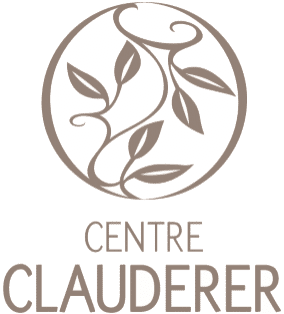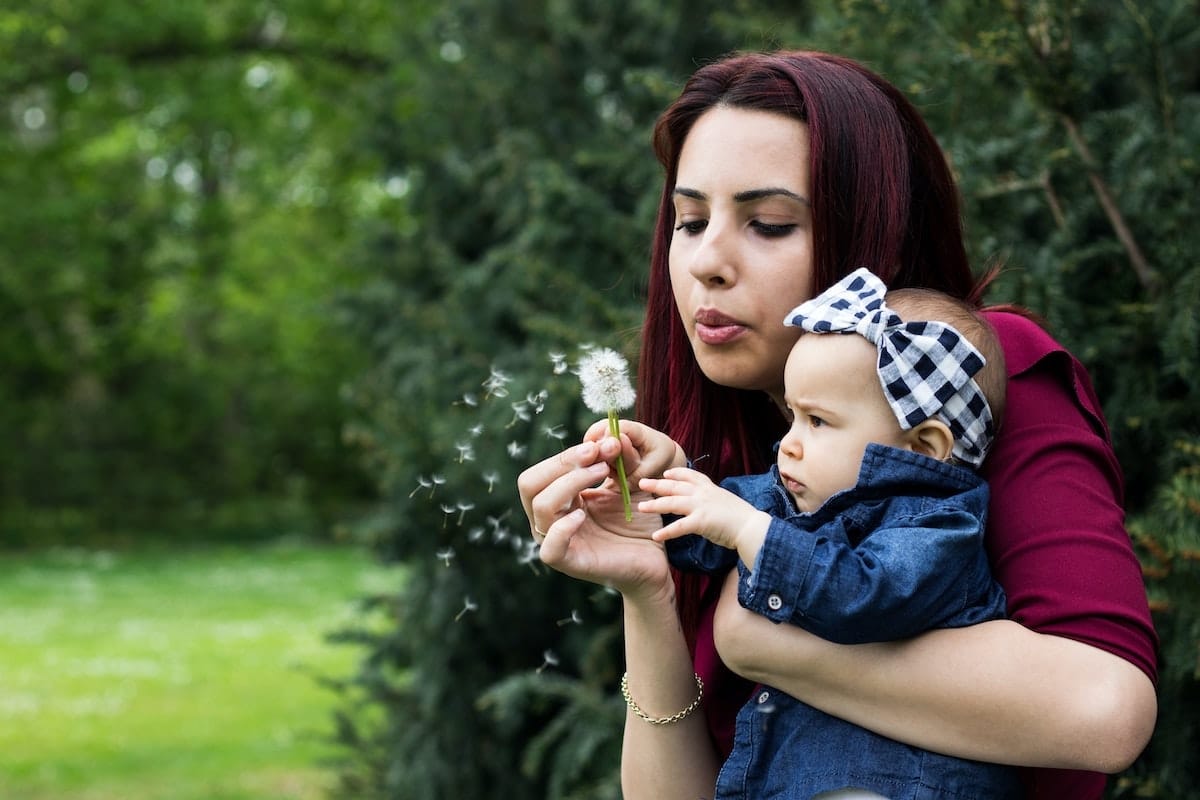Hair loss after childbirth, often accentuated during the breastfeeding period, is a phenomenon that worries many young mothers. Behind this experience, which can be a source of concern, lies a complex mix of hormonal changes, increased nutritional requirements and physiological adaptations. Although common, this hair loss, also known as post-partum telogen effluvium, is still misunderstood by many. Find out everything you need to know about hair loss and breastfeeding.
Does breastfeeding play a role in hair loss?
Breastfeeding in itself is not the main cause of hair loss after childbirth, but it is the main cause of hair loss after childbirth. It can play an indirect role because of the associated hormonal and nutritional changes.
During pregnancy, high levels of oestrogen prolong the hair growth phase, often leading to denser hair and less hair loss. After giving birth, oestrogen levels fall rapidly, which can accelerate hair loss. Breastfeeding maintains high levels of prolactin, a hormone that can also influence the hair growth cycle.
Breastfeeding also increases the mother's energy and nutritional needs. If these needs are not met, it could affect hair health. A lack of essential nutrients such as iron, vitamins and proteins can contribute to hair loss.
Breastfeeding can be demanding, and the lack of sleep or stress associated with adjusting to life with a newborn can contribute indirectly to hair loss.
Although breastfeeding can play a role, other factors, such as genetic background, hormonal imbalances (beyond the changes associated with pregnancy and breastfeeding), and underlying health conditions, can also contribute to hair loss.
When does post-partum hair loss start?
Most women start to notice this hair loss around 2 to 3 months after giving birth.
The good news is that post-partum hair loss is usually temporary. Most women regain their usual hair density 6 to 12 months after giving birth. However, the experience can vary from woman to woman, and some may experience more or less hair loss than others.
What should I do if my hair loss continues after 1 year?
Prolonged hair loss may be a sign of other underlying factors. Hormonal imbalances, such as those linked to thyroid disease or polycystic ovary syndrome (PCOS), can be the cause of persistent hair loss.
The most common cause of hair loss in men and women is androgenetic alopecia, often called male pattern baldness or female pattern baldness. It is mainly due to a combination of genetic and hormonal factors. Androgenic hormones, such as dihydrotestosterone (DHT), play a key role in androgenetic alopecia. Genetically predisposed hair follicles are sensitive to DHT, which causes them to shrink over time, shortening the life of the hair. In women, androgenetic alopecia generally manifests itself as diffuse thinning of the hair over the entire scalp, but the frontal hairline is often preserved (unlike in men).
Other types of alopecia, such as alopecia areata, may be involved in hair loss. Alopecia areata is an autoimmune condition that causes hair loss in patches of small round or oval areas on the scalp. The immune system mistakenly attacks the hair follicles, resulting in hair loss.
Problems such as lichen planus pilaris, scalp psoriasis and ringworm can also cause hair loss.
Hair loss during breastfeeding: what should you do?
The first thing to do is reassure yourself. Post-partum hair loss is common and generally temporary.
If you are concerned about the amount of hair you are losing, if you think the loss is excessive or if you would like some personalised advice on how to limit hair loss during breastfeeding, the best solution is to have a hair diagnosis live in Paris or remotely, with Centre Clauderer.
Indeed, when faced with hair problems, it is crucial to adopt an individualised approach to determine the best solutions for each person. Renowned for its expertise in trichology and hair care, Centre Clauderer offers an in-depth assessment to identify the underlying cause of hair problems and suggest appropriate treatments or recommendations.
How can I combat hair loss during breastfeeding?
Adapting your diet
Adapting your diet is essential in the fight against hair loss. In fact, certain nutrients play a key role in hair growth and health.
Iron
Iron is essential for many bodily functions, including hair growth and maintenance. Iron contributes to the production of haemoglobin in red blood cells, which transports oxygen to all cells in the body, including those in hair follicles. Iron deficiency, or iron deficiency anaemia, can be a major cause of hair loss, particularly in women.
To limit hair loss during breastfeeding, it may be advisable to consume more of the following iron-rich foods, such as red meat, spinach, lentils, chickpeas, pumpkin seeds, quinoa and tofu. Combine these foods with sources of vitamin C (such as oranges, strawberries or peppers) to improve iron absorption.
Group B vitamins:
Group B vitamins play an essential role in the overall health of the body, including hair. They are involved in various metabolic processes, energy production and the creation of new blood cells, and are essential for maintaining healthy skin, eyes and hair.
To support hair in the post-partum period, certain B vitamins are particularly relevant:
- Biotin : it is widely recognised for its contribution to hair health. It plays a crucial role in the health of keratinocytes, the cells that produce keratin, the main protein in hair, skin and nails.
- Vitamin B12 : it is essential for the production of red blood cells, which carry oxygen to the hair follicles. It is found mainly in meat, fish, dairy products and eggs.
- Vitamin B3: also known as niacin, vitamin B3 helps nourish the scalp by promoting blood flow to the hair follicles.
Proteins
Proteins play a central role in the structure and function of all body tissues and cells, including hair. Hair itself is composed mainly of the protein keratin. A protein deficiency can interrupt the normal hair growth cycle, leading to premature resting and increased hair loss.
Zinc:
Zinc is an essential mineral which plays a crucial role in many biological processes, including cell growth and hormone regulation. Since these processes are directly linked to hair growth and health, zinc is of significant importance for hair. To avoid a deficiency, it is advisable to include zinc-rich foods such as red meats, seafood (especially oysters), pulses, nuts, seeds, dairy products and wholegrain cereals in your diet.
In some cases, it may be necessary to take zinc supplements. Before taking any supplements, it is advisable to seek advice from your doctor.
Massaging the scalp
Scalp massage can be beneficial for a number of reasons. Massage improves blood circulation to the hair follicles, which can encourage hair growth by bringing more oxygen and nutrients to the roots. Stress is one of the factors that can contribute to hair loss, so a relaxing scalp massage can be particularly beneficial for new mothers.

